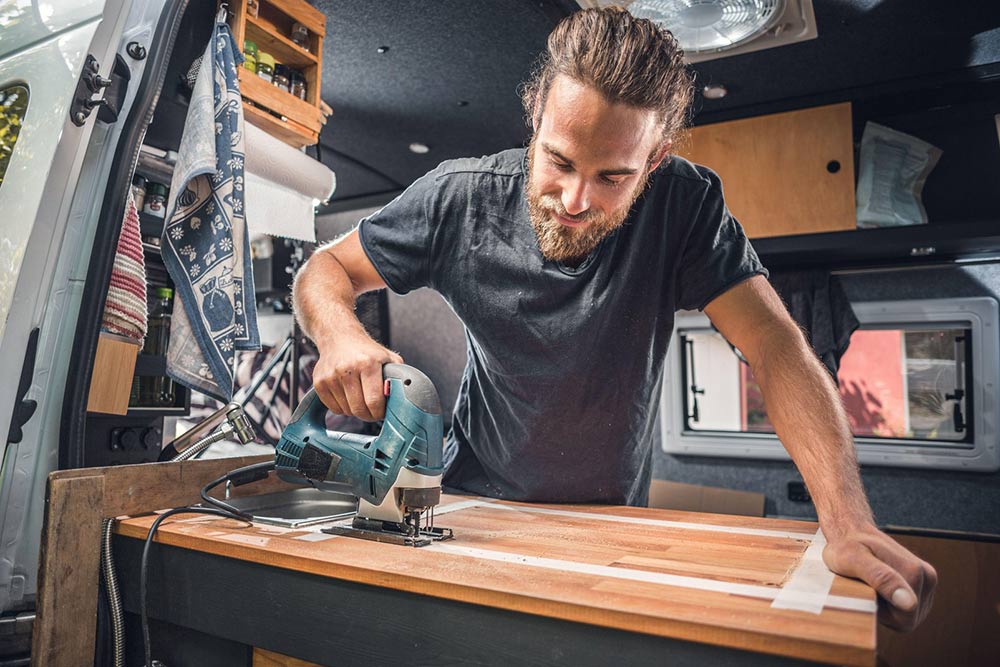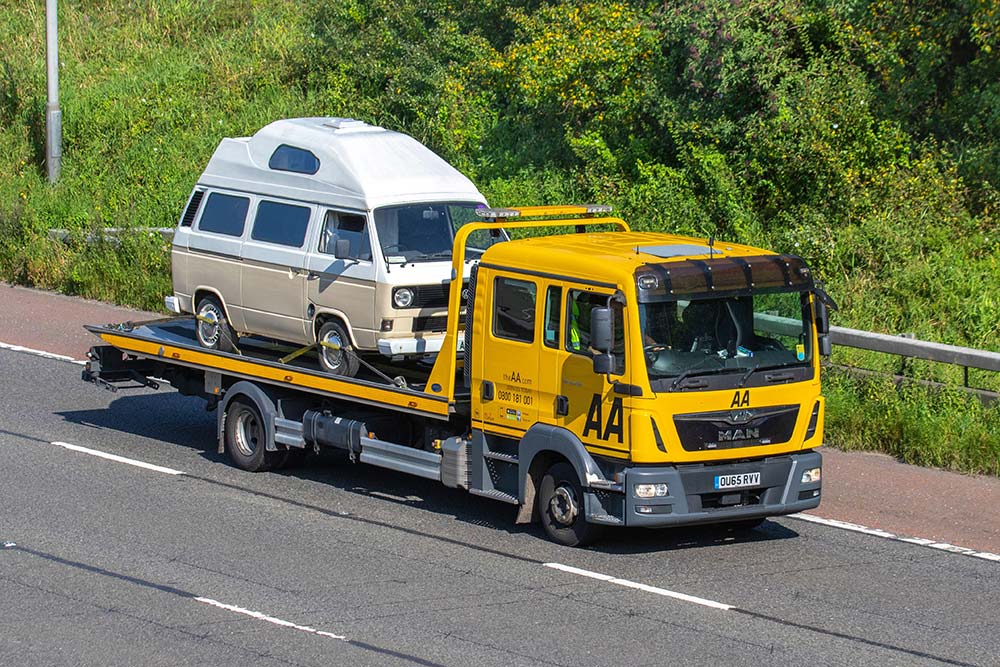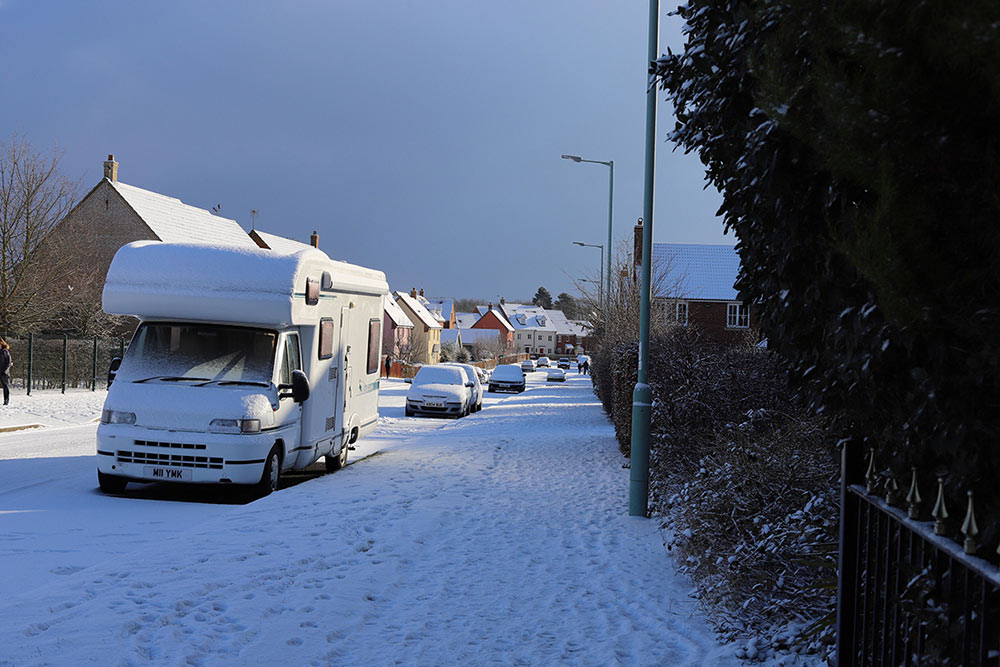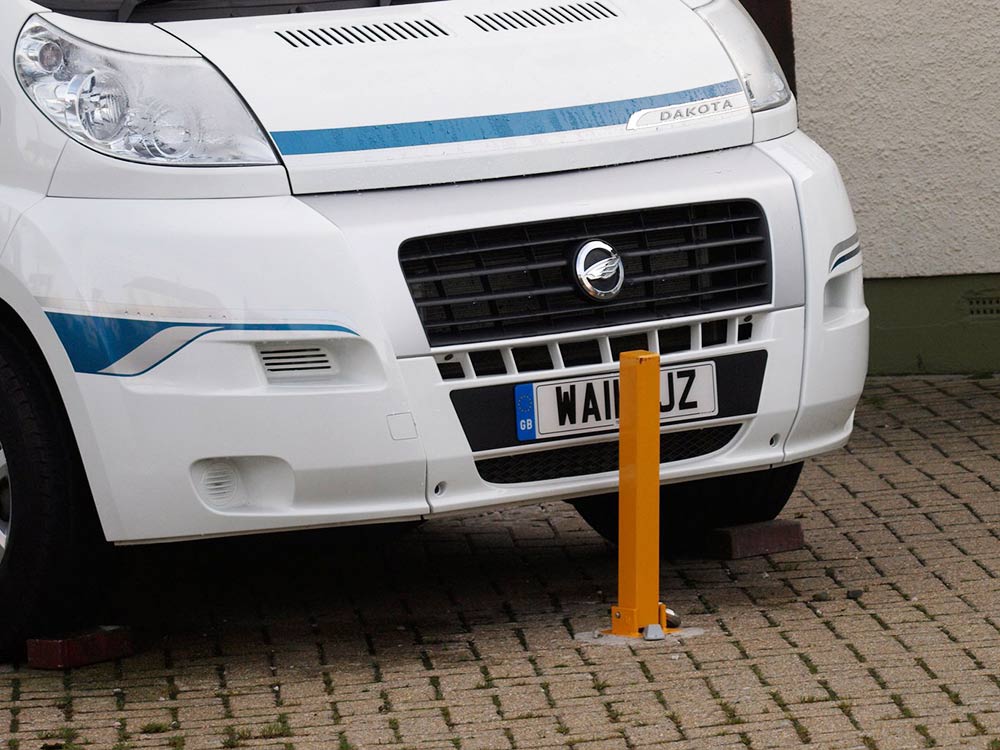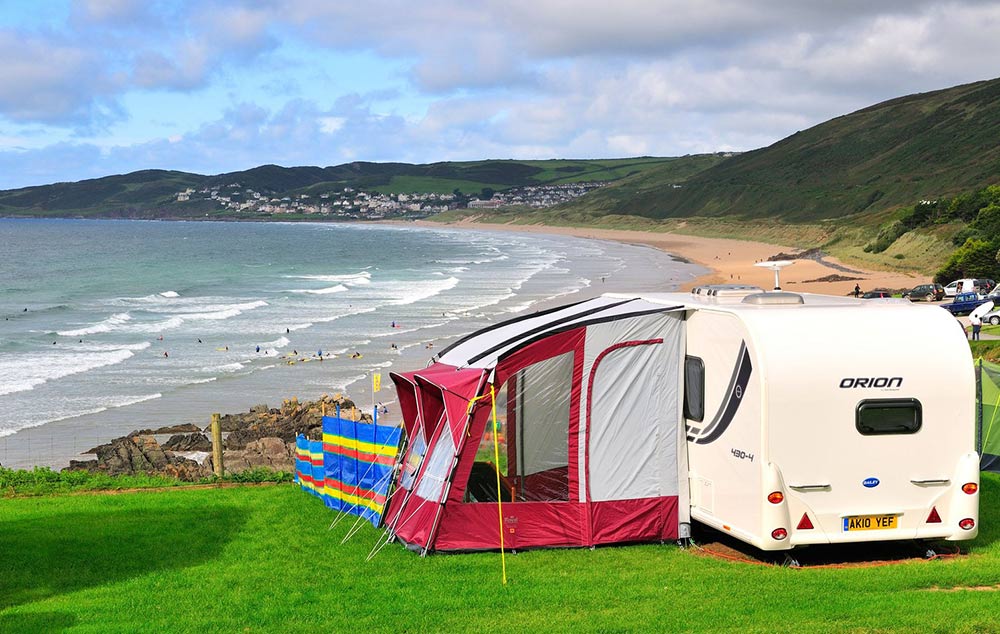Are you thinking about converting a commercial van into a motorhome so you can fulfil all your travelling dreams? Well, you’ve come to the perfect place. In this post, we will go through what you need to think about when you’re considering doing a campervan conversion or a motorhome conversion. We will discuss the many different issues you may face, such as budget and safety concerns. We will also talk about any registration concerns you may have, as well as any issues you may have with legal requirements and insurance. We hope that after reading this, you’ll feel better able to make the choice between converting a van and buying a purpose-built vehicle.
Without further ado, let’s dive into the detail.
Budget and conversion costs
One of the first things you need to think about is the commercial van conversion cost and what your budget should be—your budget will depend on what your individual needs are. For example, ask yourself if you want a vehicle you can take a simple camping trip in, or if you want to live in the van and have every conceivable facility inside your motorhome. When you have an idea of what you want, you can start to work out a budget.
Here are a few things you’ll want to consider when setting out your budget:
- The vehicle – You’ll obviously need a vehicle to convert, so you need to budget for this if you don’t already own a van. If you spend a bit more on your van, the better it will be; therefore, your van won’t need as much maintenance. Bear in mind that expensive vans lose value over time while cheaper vans don’t. Generally speaking, £10,000 will buy a new van and £3,000 will buy a great second-hand van. If you’re operating on a tighter budget, you can buy a basic used van for around £300.
- Fittings – If you want your motorhome to be very luxurious, you’ll obviously have to spend quite a bit of money on the fittings. On the other hand, if you keep things basic, you won’t need to spend too much. You would perhaps need to spend around £5,000 on a basic big van conversion, or as little as £1,000 if you use a smaller van as your base vehicle. Being able to keep down the cost in comparison to a factory-built motorhome conversion is one of the biggest advantages of doing a conversion yourself.
- Tools – You’ll need to budget for any tools you might use if you haven’t already got some. You may also have to ask for help from others where needed.
- Insurance – No matter what campervan or motorhome you have, you’ll need to buy insurance. You’ll need to ensure that you are covered for all eventualities and for the correct amount. Thankfully, insuring a DIY motorhome conversion is not as hard as it used to be. Several companies are prepared to insure this type of motorhome. This can be time-consuming and complex, so you might want to use a price comparison tool, such as QuoteZone, to speed up the process.
- Legal issues and Licence – It is wise to remember that the road authorities may want to inspect your conversion before you can reclassify it, which may add to the total cost involved. You must also make sure that you have a suitable licence for driving the motorhome or campervan you intend to build. In the UK, you can drive a Class 4 van (e.g. a transit) on a car licence. If you intend to use bigger for profit-making purposes (i.e. for business), you may need to check if you can still legally drive your motorhome on your current licence. It is true though, that most vehicles that have been converted for leisure purposes are categorised as Class 4 vans.
Safety concerns
It’s important to be aware of the risks when you take on a motorhome conversion. Let’s find out how safety is tested in the conversion industry.
- Approvals that certify quality – Luckily, if a vehicle is registered as a commercial van, then reclassified a motorhome, you will not need to seek out either Type Approval or Individual Vehicle Approval. If you don’t start out with a commercial van, you may need to investigate further, however.
- Gas and Electric – It is vital that you ensure that all electrical systems are properly installed and safe. Gas systems must also meet regulations to avoid potential hazards. All people working with gas and electricity should be certified by the proper authorities.
- Roof – If you install an elevating roof, you must make sure that the frame is strengthened and that the roof fits the roofline of your motorhome.
- Seats and beds – All seats and beds must meet all EU safety regulations.
Registration and reclassification of your vehicle as a Motorhome
There are certain benefits to registering your van as a motorhome with the DVLA, even though you don’t have to do so, provided that you have suitable and adequate insurance. Here are a few of the benefits of reclassifying your van:
- Cheaper insurance – Vehicles used for leisure purposes usually do fewer miles than commercial vans.
- Better contents insurance – This is because motorhomes generally house personal belongings, like laptops, mobile phones and jewellery.
- Cheaper MOT – Most vehicles registered as campervans are subject to fewer restrictions than bigger vehicles with a higher classification, so the MOT is less expensive and less stringent.
- Cheaper ferry fares – It is generally cheaper to take a motorhome or campervan on a ferry than if you take a commercial van.
Note that if you do choose to re-register your vehicle as a motorhome with the DVLA, you will need to change your insurance. You will need to cancel your existing policy and obtain a new policy for a campervan.
Conclusion
Don’t know if you can be bothered with all that? Don’t worry. Buy one from us today at a fantastic price!
